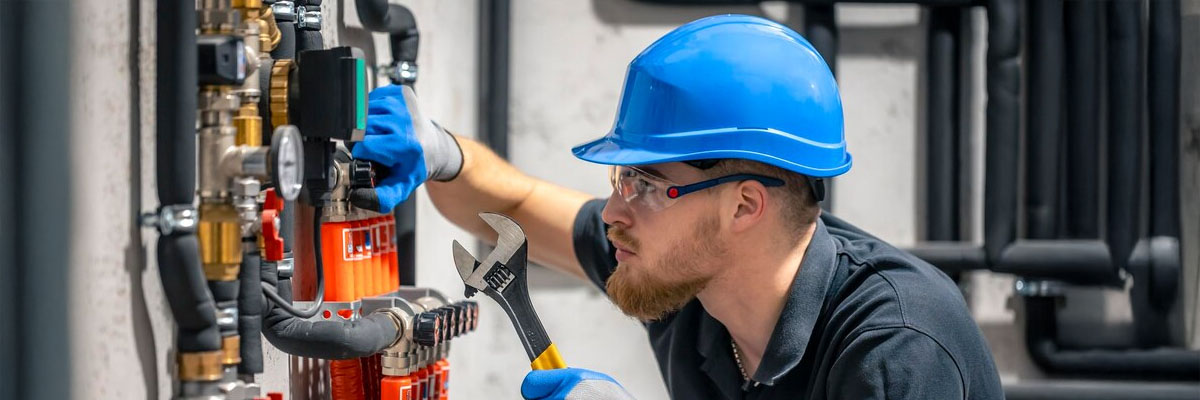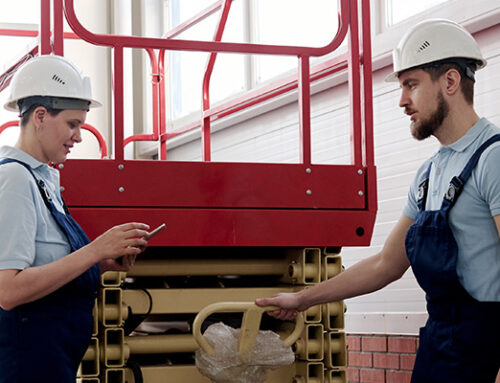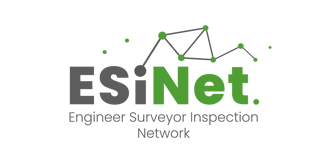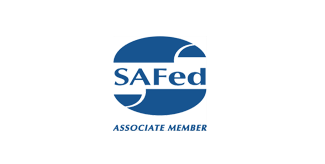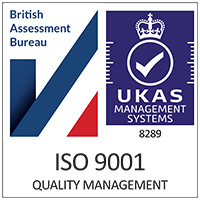Pressure equipment plays a vital role in many industries — from manufacturing and energy to food processing and pharmaceuticals. However, with high pressure comes high risk. If not properly maintained and inspected, pressure systems can become hazardous, leading to equipment failure, injury, or even fatal incidents.
This is where the Pressure Systems Safety Regulations 2000 (PSSR) come into play. PSSR inspections are a legal requirement in the UK, and they form a crucial part of keeping people and property safe.
What Is PSSR?
The Pressure Systems Safety Regulations apply to pressure systems containing a relevant fluid, such as steam, gases under pressure, or liquids kept under pressure above a certain threshold.
PSSR places responsibilities on owners, users, and competent persons to ensure that pressure systems are:
-
Properly designed and installed
-
Examined in accordance with a Written Scheme of Examination (WSE)
-
Operated within safe limits
-
Maintained to prevent danger
The Role of the Written Scheme of Examination (WSE)
A key part of PSSR compliance is the Written Scheme of Examination, which outlines:
-
Which parts of the system need to be examined
-
How often inspections must occur
-
What methods should be used
-
Who is competent to carry them out
This scheme must be prepared before the system is used and is typically drawn up by a competent person with relevant knowledge and experience.
Why PSSR Inspections Matter
1. Preventing Catastrophic Failures
The consequences of neglecting pressure equipment can be severe. Over-pressurisation, corrosion, or unnoticed wear can cause explosions or structural damage. Regular inspections help identify and rectify issues before they escalate.
2. Legal Compliance
Failing to comply with PSSR is a criminal offence and can lead to prosecution, fines, or even imprisonment. Regular inspections by a competent person ensure that you meet your legal obligations and have the documentation to prove it.
3. Protecting Personnel
Pressurised systems are inherently dangerous. A sudden release of energy or fluid can cause burns, lacerations, or toxic exposure. Inspections help maintain safe conditions for everyone on site.
4. Minimising Downtime and Repair Costs
Identifying problems early through PSSR inspections allows for planned maintenance rather than emergency repairs. This helps reduce operational downtime and avoids costly breakdowns.
5. Supporting Insurance Requirements
Most insurance providers require evidence of regular pressure system inspections to maintain coverage. Keeping your systems up to date with PSSR reduces risk and ensures continued protection.
Industries That Rely on PSSR Compliance
PSSR inspections are critical in sectors including:
-
Manufacturing and processing
-
Food and beverage production
-
Chemical and pharmaceutical industries
-
Energy and utilities
-
HVAC and plant engineering
Any business using pressure vessels, boilers, compressed air systems, or steam equipment must comply with the regulations.
How SIS Ltd Can Help
At SIS Ltd, we provide independent PSSR inspections carried out by qualified engineer surveyors. We work with you to develop and review Written Schemes of Examination, conduct thorough assessments, and ensure that your systems remain compliant and safe.
Whether you’re operating a single air receiver or managing a network of pressure vessels, our team is here to help you meet your legal duties with confidence.


